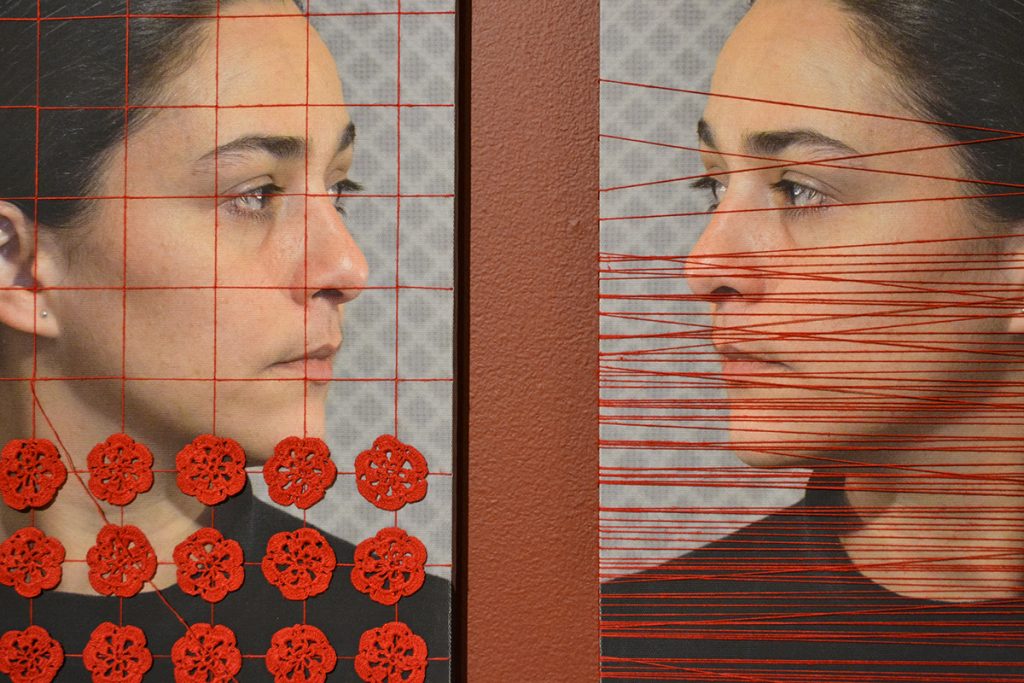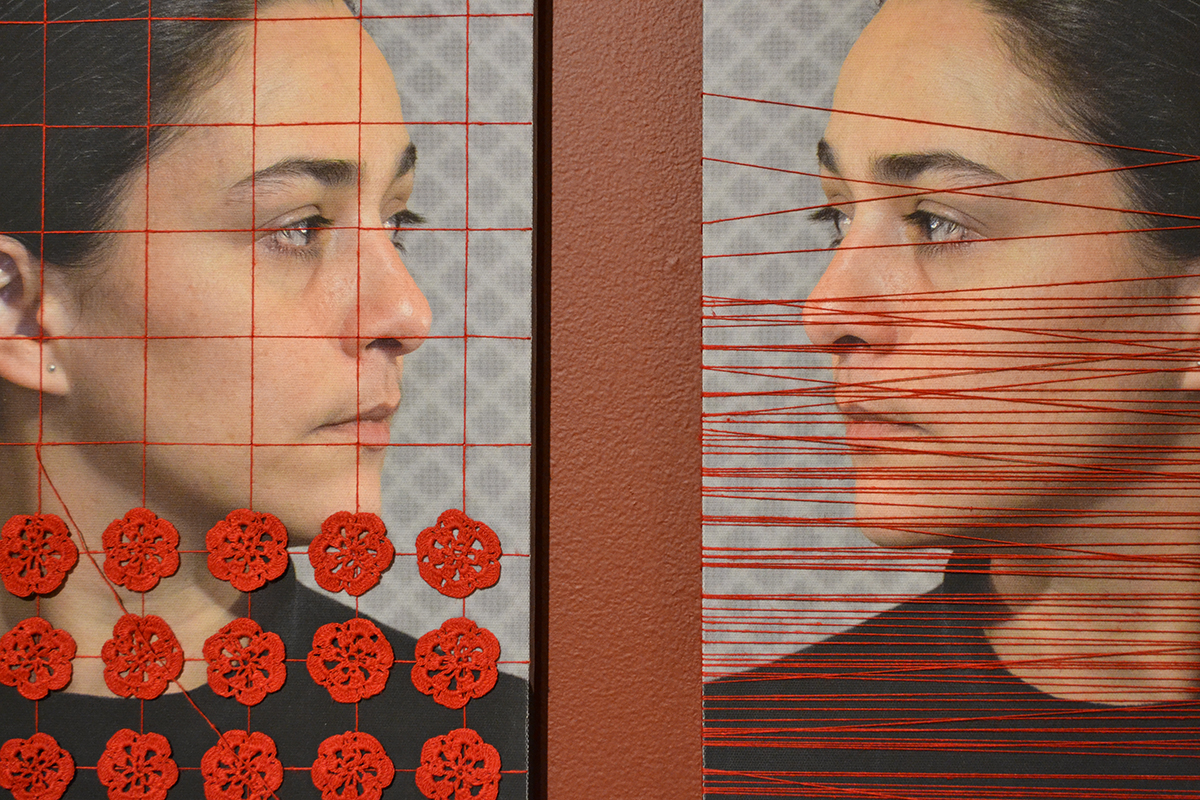
Cuban culture permeates different aspects of our daily lives in South Florida. From flavorful food to rhythmic salsa music, the island’s influences can be felt at the University of Miami.
The Lowe Art Museum brings a new aspect of Cuban culture to campus through its exhibition that opened Nov. 3: “Unconscious Thoughts Animate the World.”
“This exhibition gives us a glimpse into the lives and artistic practices of 10 Cuban artists,” said Jill Deupi, Beaux Arts director and chief curator. “Though their practices differ widely, their work gives us insights into broader cultural movements on the island nation as well as its diaspora.”
The pieces in the exhibition come from the Shelley and Donald Rubin Private Collection of Cuban Art. It features artwork from female artists who attended Cuba’s National School of Art, founded in 1962.
When curating the exhibit, Deupi ruminated on how history and the modern day can share the same issues.
“I was reminded of the fact that women still have not achieved parity in the art world,” Deupi said. “The fact that we are singling out female Cuban artists says it all. If the exhibition featured only male practitioners, they should just be ‘artists,’ with no mention made of their gender. This is an important point for our audiences to reflect on, on the eve of a historic presidential election.”
The exhibition is comprised of artwork created by female artists born in Cuba, although some now live in the United States. The artists saw the firsthand effects of Cuba’s political and economic climate. Their artwork succeeds in juxtaposing the beauty of Cuba’s beaches and landscape with its economic hardships.
“The socioeconomic and political shifts in Cuba over the past 50 years have had a discernible impact, not only on the work of the exhibited artists but also on their peers, male and female, who are not included in this exhibition,” Deupi said.
One artist in particular, Belkis Ayón, depicts Cuba’s rich Afro-Cuban culture.
“I have fallen entirely under the spell of the late Belkis Ayón, who died tragically young,” Deupi said. “Her collagraphs are not only rich in narrative intrigue with their deep ties to the syncretic tradition in Cuba, but also crafted ingeniously from scrap paper that she used to create her prints.”
Ayón committed suicide at age 32, leaving nothing but her incredible artwork behind. They explore Abakuá, an “all-male, Afro Cuban secret society not unlike the masons,” according to the LA Times. Ayón’s artwork, called collography, involves putting large, cardboard plates together to create a single image. Her artwork started gaining attention in the 1990s, a hard decade for Cuba economically due to the fall of its ally, the Soviet Union.
Today, Cuba is still the same in many ways, but it also stands on the precipice of change. The United States has established diplomatic relations with the island, and the first soccer game between the United States and Cuba in 60 years happened just this summer.
“I hope students will be inspired to learn more about the artists on view as well as the complex political history of our island neighbor,” Deupi said. “As an apolitical exhibition that does not espouse a particular viewpoint, ‘Unconscious Thoughts Animate the World’ is a wonderful springboard for delving into a history that resonates deeply in our own community.”
The exhibition opened Nov. 3 and runs through May 7, 2017. The Lowe Art Museum is open 10 a.m. to 4 p.m. Tuesday through Saturday and 12-4 p.m. on Sundays. Admission is free to University of Miami students.
Correction, Nov. 16, 2016: This article originally stated that the U.S. lifted its economic embargo on Cuba, which is incorrect. The U.S. has established diplomatic relations with the island.






